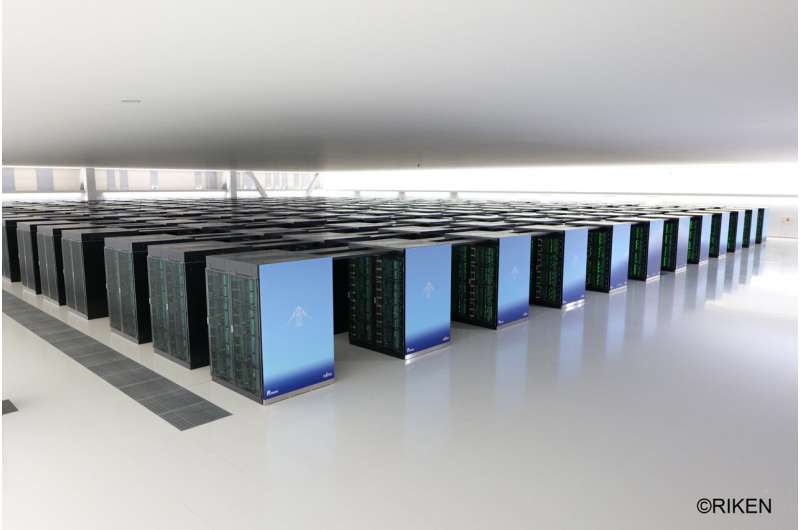
Researchers from Japan's RIKEN Center for Computational Science and Germany's Max Planck Institute for Evolutionary Biology have unveiled new insights into the evolution of social norms. By using RIKEN's supercomputer, Fugaku, the team simulated how norms influence social behavior and evolve over time, managing the complex task of analyzing a vast array of possible norms.
Led by Dr. Yohsuke Murase from RIKEN and Dr. Christian Hilbe from Max Planck, the study appears in the Proceedings of the National Academy of Sciences. The researchers employed models of indirect reciprocity to explore how norms foster cooperation. This theory posits that people engage in cooperative acts partly to build a positive reputation, which benefits them in future interactions.
People often donate to charities not only out of altruism but also to enhance their social status. The dynamics between cooperation and social status depend on prevailing norms. Communities with strict rules or evaluations of behavior may have more stable norms, while those with more lenient attitudes may see norms evolve more quickly. Ineffective or harmful norms tend to fade away.
Using evolutionary theory, the researchers simulated how various norms perform. The complexity of their model allowed them to include 2,080 different norms, revealing that cooperative norms are harder to maintain in a single, large community. However, when the population is divided into smaller groups, cooperation becomes more feasible.
The most effective norm identified in the study is simple: it views cooperation positively and defection negatively, except when defection serves to discipline other defectors. This research highlights how population structure and the interplay of social norms affect cooperative behavior, offering valuable insights into the evolution and sustainability of social norms.

:max_bytes(150000):strip_icc():format(webp)/alec-baldwin-torino-film-festival-121824-3cf7cfbe5c4f4bcbb9197de4de062ea6.jpg?strip=all&resize=370,370)
:max_bytes(150000):strip_icc():format(webp)/Jimmy-Fallon-and-Prince-Harry-092624-baa1362d743d4f39a7d60bf57eb6e8b2.jpg?strip=all&resize=370,370)
:max_bytes(150000):strip_icc():format(webp)/randy-moss-121324-40b858c71b0f40bfa399e2fe00152b2a.jpg?strip=all&resize=370,370)
:max_bytes(150000):strip_icc():format(webp)/scandal-kerry-washington-121824-c51a2b5f0ef741268474bec2498c285a.jpg?strip=all&resize=370,370)
